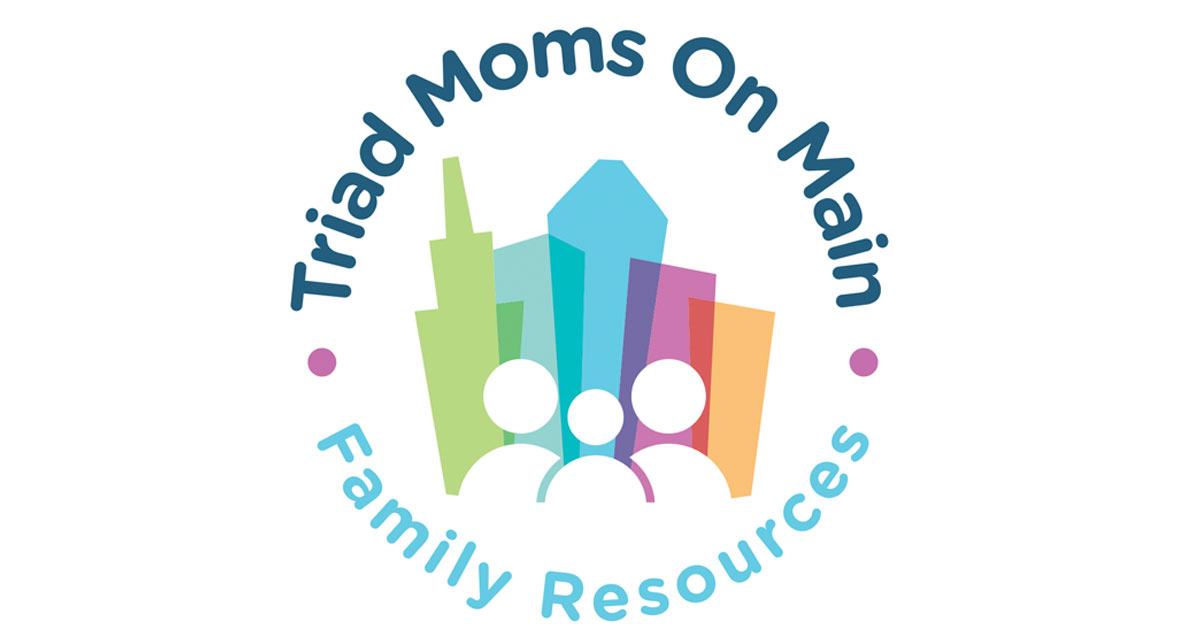BY TRIAD MOMS ON MAIN GUEST BLOGGER NEELY TURLINGTON
If you’re like me, the start of a new school year can bring on a range of emotions. There can be excitement for the possibilities ahead, worry about the challenges, and anxiety about how to get the year started on the right track.
As the parent of a child with learning difficulties, special needs, or differences, this can be a difficult time of year. But it doesn’t have to be overwhelming if you have a game plan. If you are ready to welcome the new school year and get your student off to a great start, consider these seven tips to make it a great year!
1 – Know the law and how it works.
Knowing your rights to access special services and accommodations is the first step in creating success for your student. The NC public school laws about education are written with very specific and sometimes confusing vocabulary. Laws about special education are no different. Terms like Individualized Education Plan (IEP), 504 Plan, IDEA, and Free and Appropriate Public Education (FAPE) can make your head spin! For that matter, what is a child with “special needs,” a “learning disability” or “least restrictive environment,” anyway? Take time to understand what different terms mean, how they work in school and how to access what your child needs to succeed. The more you know about your options, the easier meetings and conversations with educators become. For more information on your rights as a parent of a child in public school, visit Wrights Law at www.wrightslaw.com.
2 – Find an education advocate.
If your student is struggling with a lesser-known disability or challenge, find an advocate who can help you explain it. Taking another parent, a professional advocate, doctor, or child specialist to school meetings can go a long way in educating your child’s education team on his/her needs. As parents we are emotionally attached to the situation, and having to educate someone on the specific ins and outs can be emotional. An advocate is unbiased and often can be a very valuable asset in answering questions and making recommendations.
3 – Get organized.
There are many tools you can use to stay organized. However, especially in the public school system, you’ll rack up a lot of paper as a parent with a child that has special needs. My advice is to get a big notebook! Keep copies of documentation and notes and take your notebook with you to all meetings at school. The more organized you are, the more proactive you can be in conversations with teachers and administrators.
4 – Document everything.
Bullet points will work! Taking notes of conversations, questions for your next meeting, answers to those questions and so forth creates a story about the school year. Documentation can save you from repeating past conversations or help you refresh your teacher’s memory. Let’s be honest, as much as you are advocating for your child there are other parents with children in the same class who are doing the same. Our teachers have many different plans in place, so let’s help them by taking good notes, keeping the dialog moving forward, and gently reminding them when it’s needed.
5 – Communicate appropriately and often.
I’m not encouraging you to dominate the class at Open House or Facebook message your child’s teacher every day. In the first few weeks of school find out how your teacher likes to communicate. Do they use e-mail, texting or an app? When do they schedule meetings, before or after school? Your child’s teacher is your primary partner in his/her education. If the teacher needs to bring in other educators or administrators, they will. It doesn’t hurt to also get to know the school guidance counselor, psychologist, and principal. They are a part of your student’s education team, too.
6 – Be a partner.
Think about how you can be a resource for your child’s teacher or the school as a whole. Parents have limited time, but sending in needed supplies, volunteering during your lunch hour, helping your child at home or offering to volunteer in the class once a month, can go a long way. You are your child’s greatest asset. Any way you can support the ones who are on the front lines with your child each day, will create more open communication and show you support the educational environment.
7 – Be flexible; it’s a marathon, not a sprint.
For most of us, our children will be in some formal educational setting for 15-20 years. While what’s happening in fifth grade will no doubt impact what’s going to happen in tenth grade, it’s not urgent to make that leap overnight. Trial and error are a part of learning, and finding what works for your student is no different. Yes, you want to see success and gains in the short-term, but take a long view and recognize all the progress along the way. Keeping a positive and encouraging outlook when it comes to education will help you and your child.






















